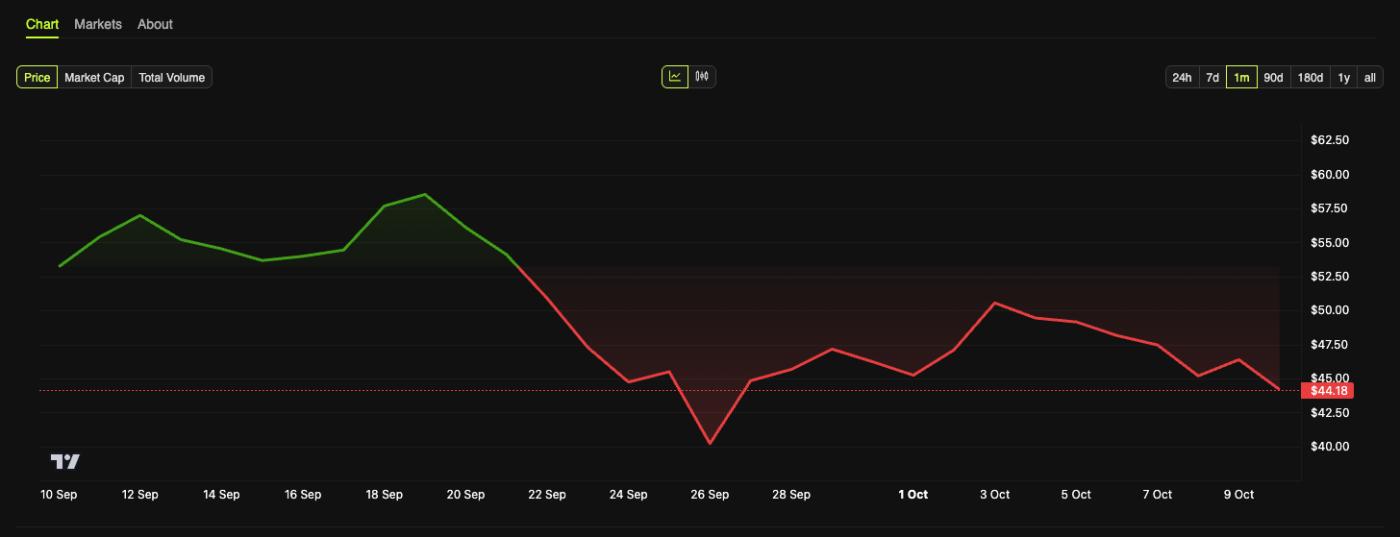A new proposal from US Democratic senators has inflamed partisan tensions in the cryptocurrency debate in Washington. The plan would tighten regulations on decentralized finance (DeFi) interfaces and empower the Treasury Department to blacklist risky platforms.
The move has drawn opposition from industry leaders, who warn it could stall months of bipartisan progress. Analysts say the proposal reflects deeper Chia over the balance between security and innovation.
Democratic proposal raises national security concerns
Democrats on the Senate Banking Committeehave sent this proposal to Republicans, which would expand Know Your Customer ( KYC ) requirements to cryptocurrency interfaces—including non-custodial wallets—while removing legal protections for developers.
Momentum has been building since the House passed the Digital Asset Clarity Act 294–134 in July . Senators Ruben Gallego, Andy Kim, Raphael Warnock, Angela Alsobrooks, Lisa Blunt Rochester, and Mark Warner support the new plan.
The proposal was immediately met with sharp criticism from legal and policy experts in the industry. Jake Chervinsky, chief legal officer at Variant, said it “isn’t about setting clear rules; it’s about banning an industry.”
“It doesn’t regulate crypto — it bans it. This is not a regulatory framework but an unprecedented and unconstitutional government takeover of an entire industry,” he added.
Former CFTC commissioner Summer Mersinger, now at the Blockchain Association, said the draft “would effectively ban decentralized finance in the United States.” She warned that it could push compliance developers overseas.
Industry sources say the draft language could cover nearly any entity that 'designs, implements, or benefits from' a DeFi interface, making compliance nearly impossible. The move comes amid financial negotiations and a looming government funding deadline.
Observers warn that political tensions could delay cryptocurrency legislation until mid-2026.
Market reaction and legislative outlook
Analysts say the dispute exposes a deeper Chia in priorities, with House Democrats pushing for innovation through market clarity, while Senate Democrats focus on enforcement.
Zunera Mazhar, vice president of the Digital Chamber, said the new draft was “overbearing, ineffective and risks pushing innovation offshore.”
“Good policy doesn’t punish decentralization,” she added. “It protects consumers, sustains innovation, and combats illicit finance where it actually occurs.”
The market appears to have reacted to regulatory uncertainty. On that day, based on CoinGecko's DeFi coin aggregation, the DeFi market Capital fell 3.4% from the previous day to $164.1 billion.
Among the top-ranked coins, Hyperliquid (HYPE) recorded the sharpest decline, down 5.5% to $44, followed by Astar (ASTR), down 10% to $1.7.
 HYPE's performance over the past month / Source: BeInCrypto
HYPE's performance over the past month / Source: BeInCryptoAnalysts warn that the ongoing impasse could push liquidation and development toward Europe, where MiCA rules have defined digital asset oversight. Washington’s crypto ambitions remain caught between regulation, compliance and innovation.







